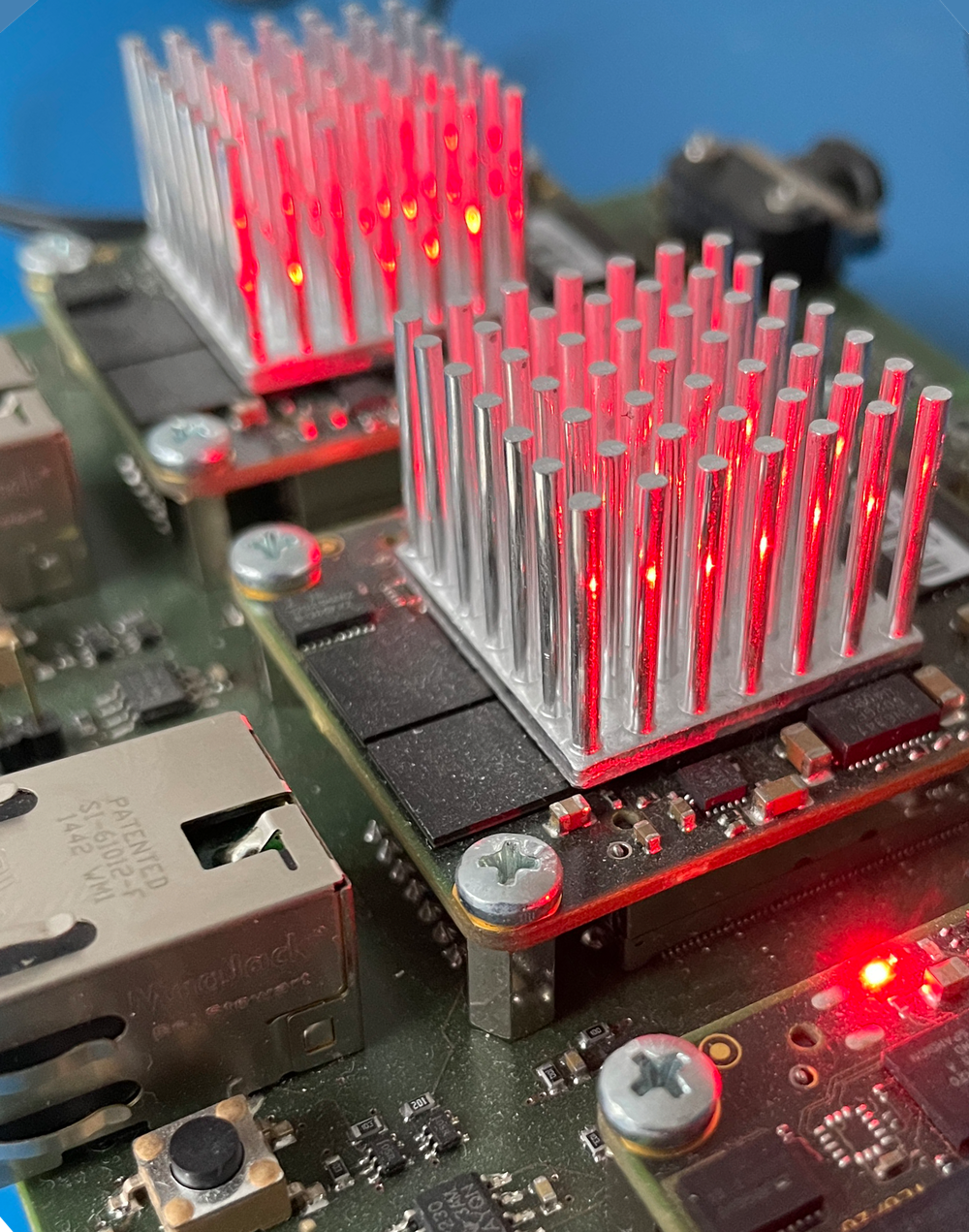ScOSA Flight experiment
The ScOSA (Scalable On-board Computing for Space Avionics) flight experiment project aims to develop a new cost-effective OBC architecture that provides increased computing power. The project involves creating a distributed, heterogeneous OBC composed of various computing nodes interconnected within a network.

A general challenge for computer systems in space applications is cosmic radiation, which can disrupt computers and lead to their failure. To address this, radiation-resistant processors are used in space exploration. However, these processors are expensive and have limited computing power. Processors commonly used for terrestrial applications offer high performance and cost-effectiveness but are more susceptible to radiation. ScOSA combines both types of processors within a heterogeneous system.
In addition to employing different processor types, system software plays a crucial role in detecting and responding to errors and failures. The software is designed to identify faulty nodes, remove them from the system automatically, restart them, and reintegrate them. For specific algorithms, hardware acceleration in the form of programmable logic within Field Programmable Gate Arrays (FPGAs) can also be utilized.
Currently, testing of the computer, consisting of nine nodes, is being prepared. Several space applications are being developed for testing to demonstrate the reliability and flexibility of ScOSA. A flight on a small satellite, a DLR-CubeSat, is planned for the end of 2024 to conduct in-space testing.
The DLR Institute of Software Technology leads the project and is responsible for ScOSA flight experiment's Systems Engineering, as well as researching and developing the middleware for utilizing and controlling the distributed system. Additionally, the institute is extending the Virtual Satellite, which involves assigning applications to individual computing nodes and planning, in case of failure, which other computing nodes they should be transferred to. Furthermore, the Institute of Software Technology is developing a benchmark application and an innovative radiation event detection method for the processors.

Project runtime:
- 2020 – 2024
Scientific participants:
Publications on this project:
Further information:
